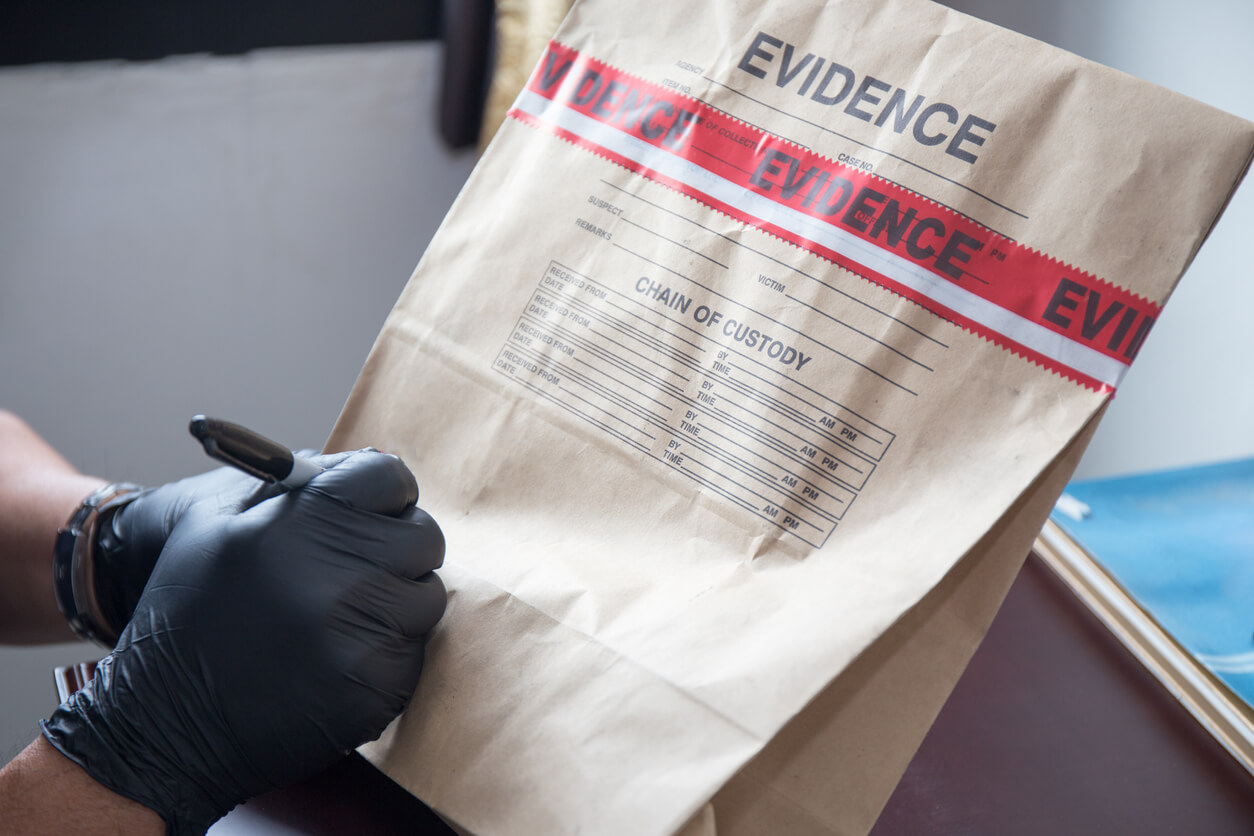There are two primary types of evidence tampering – tampering with physical evidence and with witnesses. Witnesses can provide testimonial evidence to the court. When a person gets accused of a crime, allegations of evidence tampering can mean additional criminal charges and penalties.
Some people engage in evidence tampering without realizing the legal implications of this conduct. A
Seattle criminal defense attorney can guide you through the stages of the criminal process and advise you on essential matters, like what is evidence tampering.
An Overview of Tampering with Physical Evidence
Our state law defines “tampering with physical evidence” in R.C.W. 9A.72.150 as taking either of these actions when the individual has reason to believe that an official proceeding is going to take place soon or has already started:
- Trying to change the appearance or character of physical evidence by hiding, removing, altering, mutilating, or destroying the item or making the evidence unavailable for the official proceeding; or
- Presenting or offering physical evidence that the individual know is false.
Also, the statute requires that the person who takes any of those actions must not have the legal right or authority to do those things. If the person does have a legal right or authority to take those actions, the conduct is not tampering with physical evidence.
Any “article, object, document, record, or other things of physical substance” can fall within the tampering with physical evidence statute. A conviction under this law is a gross misdemeanor.
Witness Tampering
Our state laws make tampering with a witness a class C felony in R.C.W.9A.72.120. Every attempt to tamper with a witness counts as a separate offense.
To qualify as a “witness” under this statute, the person must be:
- Someone who is a witness in an official proceeding or an individual whom the alleged tamper thinks will soon get called as a witness in such a proceeding, or
- A person who might have relevant information for a criminal investigation, or
- Someone who might have information that could be relevant to the abuse or neglect of a minor child.
Witness tampering means that someone tried to induce such a witness to keep information from the agency or official proceeding without having a legal right or privilege to do so. Trying to get a witness to fail to appear at the proceedings or to give false testimony can also be witness tampering.
In addition to the penalties that can come with a conviction of a gross misdemeanor or a class C felony, a person found guilty of tampering with a witness or with physical evidence can suffer adverse credibility consequences. The judge or jury will tend to assume that an innocent person would not engage in tampering with physical evidence or a witness.
With so much at stake, it can be a smart decision to work with a Washington criminal defense attorney from the beginning of the matter. Your lawyer can investigate the situation to build your defense, advocate aggressively on your behalf, and try to negotiate a favorable plea bargain when appropriate. Contact our office today.
DISCLAIMER: This post is intended to share my perspective, insights, and some general information on various aspects of criminal cases. It is not legal advice and is not intended to substitute for legal advice. You should consult an attorney to obtain legal advice for your individual situation and case.

